
Nvidia's GPUs in the cloud will shake up virtualization, gaming industries
GPUs first revolutionized visual computing, and now may revolutionize cloud computing as well. Nvidia introduced its GPUs for the cloud Tuesday at the annual GPU Technology Conference, an innovation it calls the third important milestone for the industry since the introduction of the GPU in 1993.
Nvidia's cloud GPUs are based on the company's Kepler architecture and has been in development for the past five years. The virtualization capabilities of Kepler make it ideal for use in large datacenters, and allows it to be shared by multiple users at the same time. Lag is reduced by built-in streaming capabilities, and Nvidia claims power efficiency and processing density enhancements will keep costs down.
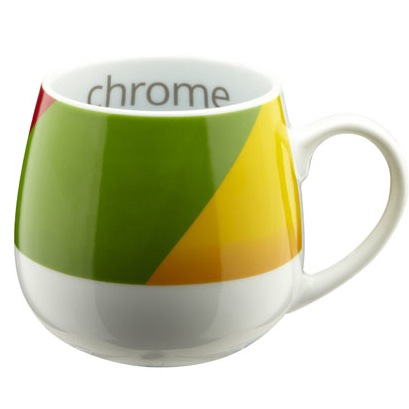
Frak, yeah, I'd use iPad if there was Google Chrome
What timing. I posted my iPad for sale on Craigslist over the weekend -- and two people are jockeying to get ahead of the other to buy it today. But I'm suddenly unsure about selling, after seeing a Macquarie Capital report claiming that Chrome will come to iOS as early as this quarter. Hot damn!
I rarely make decisions based on rumors, nor should you. Besides, the "timing is unclear, but it could be as soon as Q2 and is very likely to be a 2012 event", according to Macquarie Capital. "Could" be this quarter and "likely" this year stink of pure speculation -- or big back door should there be no Chrome for iOS this year. In the end, I'll likely sell the iPad, but must convey this: Chrome would be a very good reason to buy an iOS device but be akin to Google cutting off one limb to save another.
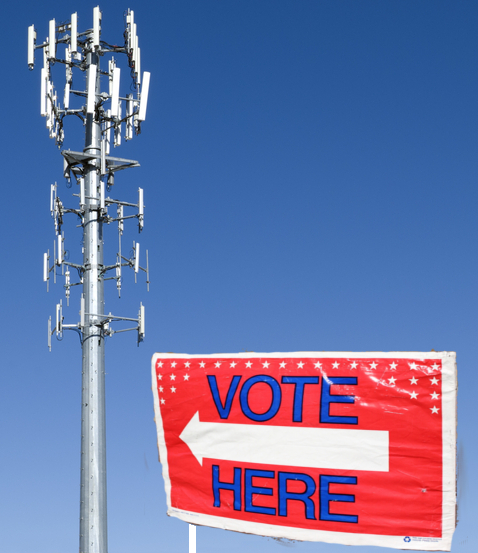
Voting for president via Android and iOS debuts
As the United States approaches its quadrennial general elections, the talk of election tech and voter security is beginning to rise once again. In 2008, during the last general elections, we saw portable, touchscreen voting machines, e-voting security issues, and mandatory paper trails.
Today, election security company Scytl announced it had successfully implemented its voting encryption technology on mobile platforms Android and iOS which could allow people to securely vote on their smartphones and tablets. It looks like this year "m-voting" is going to be a topic of discussion on top of the usual topic of "e-voting."
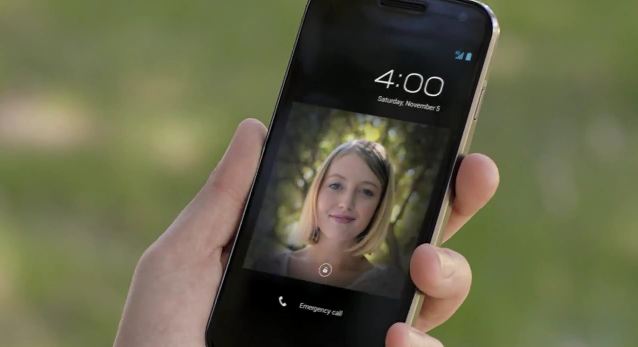
You can have iPhone 4S, I'll take Galaxy Nexus
During the last six months, I've had the privilege to use three exceptional smartphones: iPhone 4S and two Galaxy Nexus variants -- one LTE and the other HSPA+. You can't go wrong buying either Android or iOS handset, although Galaxy Nexus supports more carrier networks here in the United States. Differences that matter are more than hardware (such as size, appearance or battery life) or software (apps and operating systems). Taking Galaxy Nexus or iPhone 4S is much more. Either is a digital lifestyle choice that many buyers won't grok before paying their hard-earned cash.
I can't emphasize this aspect strongly enough. In the days before Android and iPhone, early smartphone buyers also made digital lifestyle choices, such as BlackBerry users and persistent email or Windows Mobile buyers wanting mobile Office. But today, with differentiated, connected cloud services, digital lifestyle matters more than ever, and both handsets offer similar yet drastically different experiences. You're not just buying a phone but a way of life.

This is the bubble as we know it
Over the last eighteen months, there has been a lot of public concern about whether we're in the midst of another tech bubble. People outside of Silicon Valley saw the billion-dollar exit for a consumer Internet company that was around for less than two years (Instagram), and couldn't believe such easy money was being made.
Golly Gee Whiz, it must be 1995 all over again!

Fire all the lawyers
Could it be true? Are the courts finally tired of the never-ending patent disputes in Silicon Valley? If the statements made by two judges over the past week are an indication, yes.
This frustration was on display Monday in a Seattle court room as Federal Judge James Robart accused both Microsoft and Motorola of "hubris" and "arrogance" in their ongoing patent dispute, and using the courts to gain the upper hand in licensing negotiations, according to GeekWire's Todd Bishop, who was on hand for the proceedings.
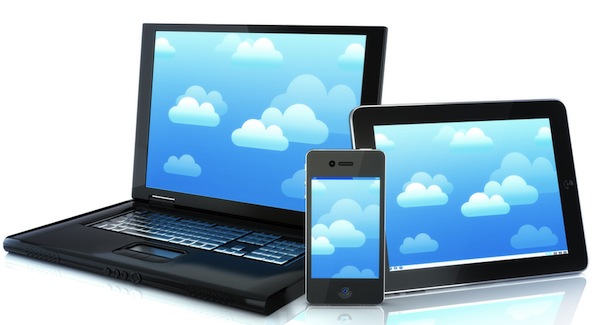
The personal cloud is all about context
Gartner is back thumping about how the cloud will replace the PC as personal hub by 2014, and, whoa, that's not exactly so far away. I wrote the "ding dong, the PC's dead" last month. After identifying five trends then, the analyst firm today highlights three things cloud vendors had better watch out for.
Simply stated: "Mobility and location"; "platform independence"; and "seamless synchronization". That aptly describes what the cloud-connected -- oh, post-PC, if you insist -- era is all about: Personal computing anytime, anywhere on anything. However, many cloud offerings fall short of that definition and the three must-have characteristics Gartner defines.
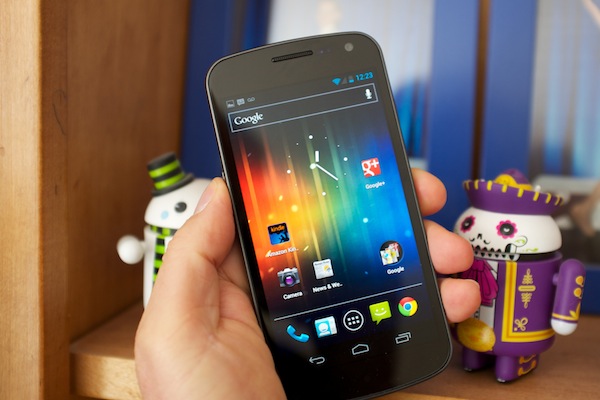
Google Galaxy Nexus first-impressions review
Two days ago, May 4, I received the Samsung Galaxy Nexus -- the 16GB HSPA+ model Google started selling direct last week. I'm not alone. Many of you ordered this phone, too. This first-impressions post extends my December review of the 32GB Verizon LTE model.
I will say straight up that out-of-box experience on AT&T is nowhere as good as Verizon. Network is huge factor. Audio quality is crisp and clear on Verizon compared to occasional hissy-fits on AT&T. Data speed isn't comparable, so far -- that's round and about San Diego and communities East and South, La Mesa and Lemon Grove, respectively. I expected at least 10Mbps HSPA+ data speed, based on my wife's Samsung Galaxy S II Skyrocket (before AT&T turned on LTE service here). I've yet to top 3.5Mbps on AT&T HSPA+ compared to an average 20Mbps over Verizon LTE. If data throughput is a priority, Galaxy Nexus HSPA+ -- over AT&T anyway -- is not for you. However, if you want a GSM network phone that is unlocked and contract-free and offers the best of Android, Google Galaxy Nexus is an exceptionally good choice. But expect to make a few compromises.
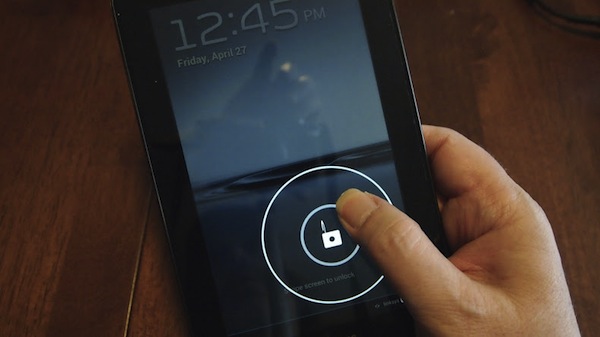
Samsung Galaxy Tab 2 7.0 review
I really like reviewing products, but don’t have the time or patience to measure battery life or benchmark the CPU, etc. I'm more interested in how a product like Galaxy Tab 2 7.0 fits in the scheme of things. How it suits real people.
So far, I think this tablet has gotten an unfair shake among major media. But the reviews at shopping sites tell the real story. This is a nice little tablet. The price is right, too, and it comes with Android 4.0 (aka Ice Cream Sandwich).
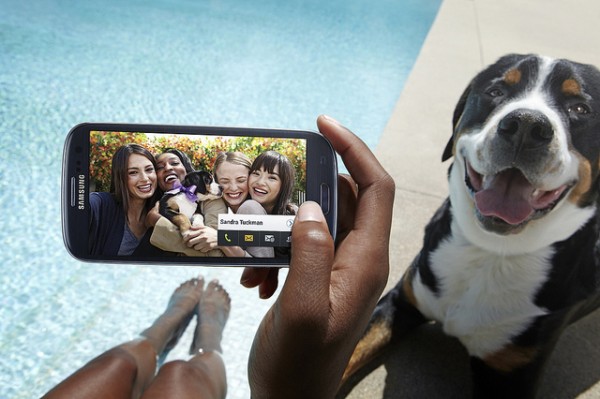
Is iPhone 4S obsolete?
I repeatedly ask you questions in headlines, because I ask myself. This one is top of my mind following today's Samsung Galaxy S III announcement. My eyes bugger at the differences in size, features and most importantly benefits -- the majority of those coming from Samsung skinning Android 4 into seeming oblivion. It's hard to discern a way that Galaxy S3 isn't superior to iPhone 4S. If iOS 5 looked antiquated before, and it surely did, Samsung's TouchWiz-modified Ice Cream Sandwich makes it suddenly ancient.
But the question is bigger than hardware or software. Samsung isn't the world's No. 1 handset maker overall and in smartphones by lark. Apple is known for focusing on delivering benefits that matter, sometimes at the expense of hardware capabilities, and truly aspirational marketing. Galaxy S III evokes these qualities, with something more: real benefits without sacrificing hardware capabilities while using software to enrich the human experience. Then there's the aspirational marketing, as seen in the embedded video. Samsung does something Apple-like, only better.
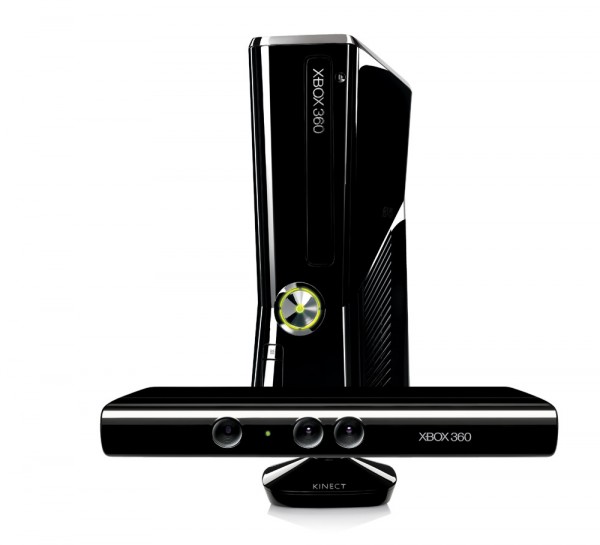
The Xbox console will soon be free
Microsoft wonk Tom Warren reports that a new Xbox 360 and Kinect bundle will be offered at $99 with a two-year Xbox Live Gold subcription beginning next week. If this proves true, it will be the first example of a video game console using the mobile phone carrier subsidy model.
According to Warren's sources, the deal will only be available at Microsoft Stores, and it will include the 4 GB Xbox 360 console with a Kinect Sensor. The cost of a two-year Xbox Live Gold subscription is approximately $120.

Why are Amazon Kindles vanishing from Target?
Target confirmed on Wednesday earlier reports that it is discontinuing sales of Amazon products, most notably the Kindle, starting in Spring 2012. First reported by The Verge overnight Wednesday, the move is a hit to Kindle's retail store strategy overall and effectively ends a long-term partnership between the two companies.
Amazon powered Target's website up until last year, and Target was the first to carry the Kindle at retail back in June 2010. The Kindle Fire was Target's best selling tablet on Black Friday last year, but that didn't stop the retailer from kicking Amazon to the curb.

How do we just fix IBM?
Fourth in a series. Well it can’t be done from the inside, so it has to be done from the outside. And the only outside power scary enough to get through the self-satisfied skulls of IBM top management is IBM customers. A huge threat to revenue is the only way to move IBM in the proper direction. But a big enough threat will not only get a swift and positive reaction from Big Blue, it will make things ultimately much better for customers, too.
So here is exactly what to do, down to the letter. Print this out, if necessary, give it to your CEO or CIO and have them hand it personally to your IBM account rep. Give the IBM rep one business day to complete the work. They will fail. Then go ballistic, open up a can of whoop-ass, and point out that these requirements are all covered by your Service Level Agreement. Cancel the contract if you feel inclined.
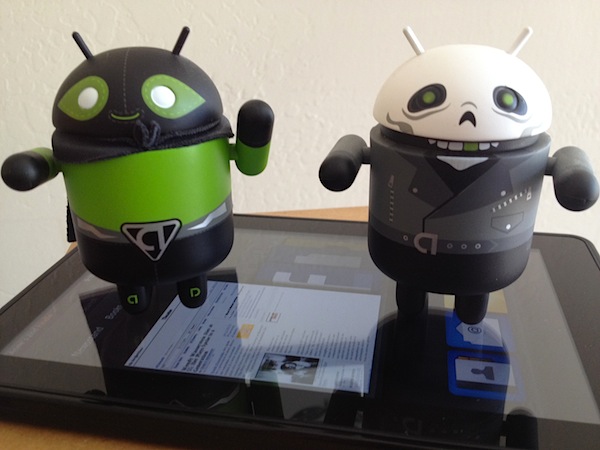
Google has lost control of Android
There was great news on the Android front this week. Samsung reported blow-out earnings, with smartphones -- the majority running Android -- accounting for nearly three-quarters of profits. Meanwhile comScore data spotlights the growing US Android tablet market. Additionally, Google started selling Galaxy Nexus direct, with no carrier contract, for $399. But all three share something in common -- what they foreshadow. Google has lost control of Android, and must swiftly act to regain it.
Forrester Research predicts that proprietary Android will surpass the Google Android ecosystem by 2015. Stated differently, Google's open-source mobile platform risks fracturing into multiple fatally fragmented Android ecosystems. Not one but many. There is little time for Google to demonstrate decisive leadership that can keep the ecosystem largely intact.
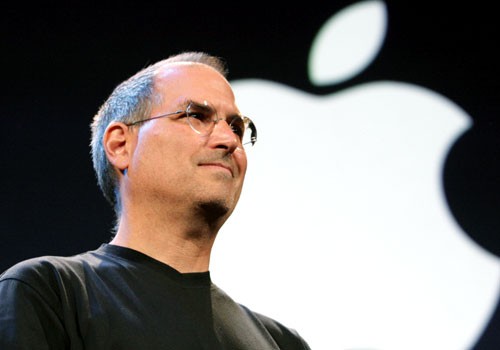
There is no Apple without Steve Jobs
That's essentially George Colony's contention. "Apple will decline in the post-Steve Jobs era", the Forrester Research analyst opines. The sentiment is stunning in context of Apple's first two quarterly results following Tim Cook's ascension to chief executive. The company generated more revenue ($85.83 billion) than all fiscal 2010 ($65.23 billion). Net income ($24.12 billion) exceeds that of fiscal 2009 and 2010 combined ($22.25 billion). That's hella good performance.
Yesterday, I argued that "Apple is better off without Steve Jobs", in part based on recent performance that derives from Cook's running logistics for the better part of three years. But I also believe that no one knows the future, and that good reporting is about looking from different viewpoints. So today I offer counterpoint to yesterday's prognostication. Yeah, I'll rebut myself, something I frequently do. You just don't see the process, and Colony's argument is good foundation.
